Audio
Powerd NewsWrap 25th June 2025
Powerd NewsWrap by
Emma Myers2 seasons
25th June 2025
14 mins
Powerd NewsWrap 25th June 2025

This week on the Powerd Newswrap
Sam Rickard is joined by Emma Myers, Powerd Media’s Disability and Political Reporter, to discuss the issues of the week and present the latest articles from https://powerd.media/
This week’s articles read by Markella Tsalikis:
Leading Deafblind groups yarn bomb MPs to raise awareness of patient care: https://powerd.media/news/leading-deafblind-groups-yarn-bomb-mps-to-raise-awareness-of-patient-care
Service providers outraged over NDIS funding cuts: https://powerd.media/news/service-providers-outraged-over-ndis-funding-cuts
Age of NDIS accessibility for children to increase: https://powerd.media/news/age-of-ndis-accessibility-for-children-to-increase
This program is brought to you by Disability Media Australia.
Speaker 1 00:07
Sam on Vision Australia radio and reading radio networks. This is the Powerd news wrap
Sam Rickard 00:15
G'day. I'm Sam Ricard. We're slap bang in the middle of deaf, blind Awareness Week, and we're presenting articles from the Powerd Media website, and of course, joining me, as per normal, is the writer of these articles. Emma Myers, how are we going today? Emma, good thing. Sam, this week is deaf, blind Awareness Week, you did an article that sort of covered an interesting event that was swell. It's been and gone. But how about we have a yarn about the yarn
Emma Myers 00:41
sounds good to me. So in the lead up to deaf blind Awareness Week, a group of deaf blind advocates and organizations met on the steps of parliament house in Melbourne to yarn bomb a group of politicians. So what exactly is yarn bombing? So yarn bombing, in its truest sense, is taking crochet, knitted, woven wool products and draping them and covering them in objects. So wrapping wool around a tree, covering a park Dension in product. But with the event in Melbourne, advocates took it one step further and decided to cover politicians in jumpers, in scarves, in anything and everything that made to raise awareness about the need to improve care for the deafblind community. And yarn bombing was chosen specifically because it's a very tactile topic. It's a
Sam Rickard 01:55
nice way of protesting with a smile on your face. I think,
Emma Myers 01:59
yeah, and the politicians involved were all too happy to put their hand up to participate in in the very creative protest.
Sam Rickard 02:13
And now over to our guest reader for the week, Michaela talikas, with the news.
Speaker 1 02:17
Thank you, Sam, deaf, blind advocates and disability organizations will cover key politicians in knitted and crocheted materials this week to highlight the need for improvements to the levels of care from hospitals and healthcare professionals when treating deafblind patients. The event will see the Victorian Minister for Disability, Lizzie blandthorn, and the Victorian minister for mental health. Iggy stat, yarn bombed by members of deaf, blind community. Yarn bombing is a type of street art that uses knitted or crocheted yarn or fiber to create colorful displays on public objects, or in this case, public figures, representatives from Able Australia, CHARGE Syndrome, Australasia, deaf, blind Victoria, deaf, blind Australia. Usher kids and Vision Australia will join forces on Thursday 19 June on the steps of parliament house in Melbourne, ahead of Deaf Blind Awareness Week for the demonstration pediatrics, speech pathologist and deaf blind program lead at Vision Australia. Steve Rose says yarn bombing has been used as an activism tool for over two decades. It engages our sense of touch, which is a sense that the deaf, blind community relies on. While yarn bombing typically involves decorating objects, we're happy that the MPs are wanting to go that step further. The event is aiming to bring attention to stories of neglect in healthcare settings. According to the advocate organizations involved in the project, there is currently no standard level of care in Australia for people with dual sensory disabilities. It's estimated that between 50,500 1000 people experience deaf, blindness or dual sensory loss in Australia. According to Vision Australia, we know that people with deaf blindness experience higher rates of hospitalization and poor health outcomes. Mr. Rose says, coupled with their complex communication needs, it's crucial that health care providers know how to communicate with them to provide appropriate health care. The DeafBlind community hopes that by sharing their experiences, real change will come out of these discussions. Many service providers in the disability sector will receive further funding cuts to their professions as NDIS provider pricing levels are set to drop to a new low within the next two weeks, as part of the cuts to NDIS, provider funding, professionals will only be able to bill their travel time at 50% the hourly limit, according to the pricing breakdown provided by Team DSC, the owner of a Hunter Valley based mobile dietetic practice. Nicole Donnelly says she's frustrated by the changes as both a service provider and mother of a child living with autism. Ms, Donnelly, who has worked as a dietician for 17 years, believes participants who cannot attend clinics will be the ones missing out.
Nicole Donnelly 05:15
So if I'm no longer able to travel to those places, then the participants won't be able to see me. So this means that the most vulnerable participants, those with complex needs and limited support, will be hit the hardest for
Speaker 1 05:27
the service provider herself, the situation is just as dismal when
Nicole Donnelly 05:31
the reality is for every hour that I get paid, I do at least one to two hours of unpaid
Speaker 1 05:36
work. Meanwhile, Miss Donnelly's nine year old son, Charlie, who accesses the support of physiotherapists, psychologists, occupational therapists, amongst others, while attending mainstream education, risks going back on his achievements,
Nicole Donnelly 05:51
and he's made significant progress since getting therapy, and he's attending a mainstream school In a mainstream class, if the therapist can no longer travel to see him, I can't work full time and take him to appointments
Speaker 1 06:09
in clinics. The Hunter dietician stresses that if her son loses access to his support, he'll relapse, which
Nicole Donnelly 06:16
means he'll lose out on therapy, which means he'll go backwards, which means he might not be able to continue in a mainstream class in a mainstream school, get a mainstream job and have a mainstream life.
Speaker 1 06:27
In the meantime, service providers are banding together to demand the NDIA abolish the price reduction Miss Donnelly says that the NDIA are basing their therapy pricing comparisons on Medicare and private health insurance in the NDIS gap payments are not permitted, so the comparison is not valid or sustainable. Providers cannot legally charge above the cap, meaning many are now delivering services at a financial loss, says Miss Donnelly, as for the hunter service provider, she says she's had enough of workers in the sector being used as scapegoats for funding cuts.
Nicole Donnelly 07:03
People have been getting this messaging that we're all just driving our Lamborghinis and putting decks on our holiday houses, when the reality is I'm not making a profit, I'm operating at a loss. The public need to know this, because they're told that we're making all this money and we're
Speaker 1 07:21
not NDIS cuts to service providers are expected to come into effect first of July. Children living with disability in their families could need to wait until their ninth birthday before they become eligible for NDIS support under the scheme's latest reform to raise the age of enrollment from the age of seven. Federal Minister for Disability in the NDIS, Mark Butler announced the change after speaking with state health ministers about taking responsibility for allocating mental health supports while increasing NDIS wait times for children under the age of nine. Mr. Butler claims the federal government will support the changes with a $700 million commitment posed to expand state based mental health avenues for young people, making sure we have not just the right models of care, but enough of those services available, is a focus of Commonwealth and state action going forward, says Minister Butler, however, the decision to raise the age of eligibility for NDIS services would see many children with disability go without support with the introduction of foundational supports being pushed back until the end of the year, jointly co designed by people with Disability and funded by Commonwealth, state and territory governments foundational supports are being described by the government as essential assistance to people outside the NDIS. Over 11% of children under the age of nine have a disability. According to the Australian Bureau of Statistics, that's 117 in every 1000 children. Although the delay in the roll out of foundational supports could bring an added layer of stress to families and care givers whose children are unable to access the NDIS, the minister sought to reassure them by explaining that the changes weren't going to come into immediate effect. The foundational supports commitment is tied to the hospital funding deal. Those deals won't be completed before the latter part of this year. Mark Butler said. The minister went on to claim the changes would not affect children with severe, lifelong psychological disabilities. Instead, Mr. Butler said the changes were for kids who need a lower acuity level of support to nudge them back on course. Now back to Emma and Sam.
Sam Rickard 09:44
Thank you, Mark, Ella, so let's start with the last article. Surely kids don't start being disabled, at least at the start. At the age of nine, they've still got needs, and their parents would definitely say they've got needs before that, so if there's nothing else for them, yeah, that would be. To be an interesting situation. I mean, what's supposed to be there for them? So
Emma Myers 10:04
in the supports that will be available for children aged zero to nine would be foundational support. However, that's now supposedly coming at the end of the year. At this point, whether the government actually delivers remains to be seen.
Sam Rickard 10:28
So the foundational supports largely through the state government, I understand, or the state government. So a former Prime Minister once said, Never stand between state governments and a bucket full of cash, I would say the opposite is true when it comes to getting them to spend more money. Watch them run for the hills.
Emma Myers 10:50
Yeah, they kind of treat it like their own personal cash cow. And recently, the Victorian Government had that state budget and there was no funding in it for foundational support, and I'm in the middle of monitoring the other state budgets that are coming. So it'll be interesting to see if there's any funding allocated to foundational supports, considering that states are meant to be funding them,
Sam Rickard 11:23
and on a similar topic, so that our feature article of the week was the funding cuts to the NDIS. You spoke to a service provider? Well, a service provider who had a disabled son as
Emma Myers 11:34
well. Yes, I did. Nicole Donnelly. She's actually a friend of mine. She reached out okay, and she is wholeheartedly disappointed and just really dejected that the NDIS cuts will now mean that service providers can't travel to the homes of their clients without taking a loss of income, because now the NDIS will only pay for 50% of the travel costs, which means service providers will be paying out of their back pocket for travel costs, which means that they're operating at a loss. It depends
Sam Rickard 12:19
where you're traveling to, I suppose. I mean, in a city area, it might not, may not affect people as much, because one, it's easier to go to a service provider, but two, it's also the distances aren't as far. But if we're looking at the rural areas, then this could really, yeah, change how everything's done. Those
Emma Myers 12:41
living in regional and rural areas, a lot of the time, will have home visits from service providers rather than going to a clinic. On top of that, it's known as best practice for the client they're in their the average environment where they feel the safest and most comfortable to disclose what the service provider can do for them. So it's a real mess. It really is, because these cuts will not only impact the service provider, but also the clients who may not be able to travel anyway. That
Sam Rickard 13:21
is a wrap for this wrap. Have we got anything big coming up next week? Well,
Emma Myers 13:25
we've got a range of disability representatives calling on the NDIS and the wider government to accept their recommendations for a human rights based model of disability going forward,
Sam Rickard 13:43
similar to an article we covered earlier on. So watch this space. Bye for now,
Speaker 1 13:47
you can find these articles and more by going to Powerd. That's spelt P, O, W, E, R, D, dot media, along with the podcast of this show, you.
Continue listening

Brought to you by the Disability Media Australia, the Powerd Newswrap presents articles from the powerd.media website, along with discussions of the related topics.
Powerd NewsWrap 21st May 2025
Powerd NewsWrap by Emma Myers
21st May 2025
•15 mins
Audio

Brought to you by the Disability Media Australia, the Powerd Newswrap presents articles from the powerd.media website, along with discussions of the related topics.
Powerd NewsWrap 28th May 2025
Powerd NewsWrap by Emma Myers
28th May 2025
•14 mins
Audio

Brought to you by the Disability Media Australia, the Powerd Newswrap presents articles from the powerd.media website, along with discussions of the related topics.
Powerd NewsWrap 4th June 2025
Powerd NewsWrap by Emma Myers
4th June 2025
•18 mins
Audio

Brought to you by the Disability Media Australia, the Powerd Newswrap presents articles from the powerd.media website, along with discussions of the related topics.
Powerd NewsWrap 11th June 2025
Powerd NewsWrap by Emma Myers
11th June 2025
•14 mins
Audio

Powerd NewsWrap 18th June 2025
Powerd NewsWrap 18th June 2025
NewsWrap by Emma Myers
18th June 2025
Audio

Powerd NewsWrap 25th June 2025
Powerd NewsWrap 25th June 2025
Powerd NewsWrap by Emma Myers
25th June 2025
•14 mins
Audio

Brought to you by the Disability Media Australia, the Powerd Newswrap presents articles from the powerd.media website, along with discussions of the related topics.
Powerd NewsWrap 2nd July 2025
Powerd NewsWrap by Emma Myers
2nd July 2025
•16 mins
Audio

Brought to you by the Disability Media Australia, the Powerd Newswrap presents articles from the powerd.media website, along with discussions of the related topics.
Powerd NewsWrap 9th July 2025
Powerd NewsWrap by Emma Myers
9th July 2025
•14 mins
Audio

Brought to you by the Disability Media Australia, the Powerd Newswrap presents articles from the powerd.media website, along with discussions of the related topics.
Powerd NewsWrap 16th July 2025
Powerd NewsWrap by Emma Myers
16th July 2025
Audio

Brought to you by the Disability Media Australia, the Powerd Newswrap presents articles from the powerd.media website, along with discussions of the related topics.
Powerd NewsWrap 23rd July 2025
Powerd NewsWrap by
23rd July 2025
•15 mins
Audio

Brought to you by the Disability Media Australia, the Powerd Newswrap presents articles from the powerd.media website, along with discussions of the related topics.
Powerd NewsWrap 30th July 2025
Powerd NewsWrap by
30th July 2025
•15 mins
Audio

Brought to you by the Disability Media Australia, the Powerd Newswrap presents articles from the powerd.media website, along with discussions of the related topics.
Powerd NewsWrap 6th August 2025
Powerd NewsWrap by Emma Myers
6th August 2025
•14 mins
Audio

Brought to you by the Disability Media Australia, the Powerd Newswrap presents articles from the powerd.media website, along with discussions of the related topics.
Powerd NewsWrap 13th August 2025
Powerd NewsWrap by Emma Myers
13th August 2025
•14 mins
Audio

Brought to you by the Disability Media Australia, the Powerd Newswrap presents articles from the powerd.media website, along with discussions of the related topics.
Powerd NewsWrap 20th August 2025
Powerd NewsWrap by Emma Myers
20th August 2025
•14 mins
Audio

Brought to you by the Disability Media Australia, the Powerd Newswrap presents articles from the powerd.media website, along with discussions of the related topics.
Powerd NewsWrap 27th August 2025
Powerd NewsWrap by Emma Myers
27th August 2025
•17 mins
Audio

Brought to you by the Disability Media Australia, the Powerd Newswrap presents articles from the powerd.media website, along with discussions of the related topics.
Powerd NewsWrap 3rd September 2025
Powerd NewsWrap by Emma Myers
3rd September 2025
•17 mins
Audio
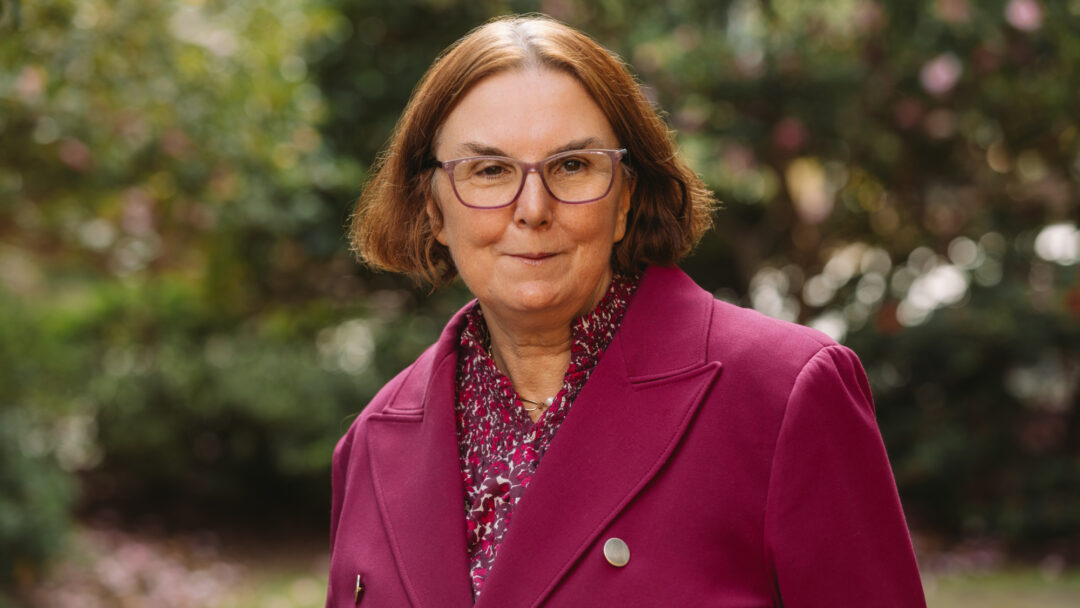
Brought to you by the Disability Media Australia, the Powerd Newswrap presents articles from the powerd.media website, along with discussions of the related topics.
Powerd NewsWrap 10th September 2025
Powerd NewsWrap by Emma Myers
10th September 2025
•14 mins
Audio
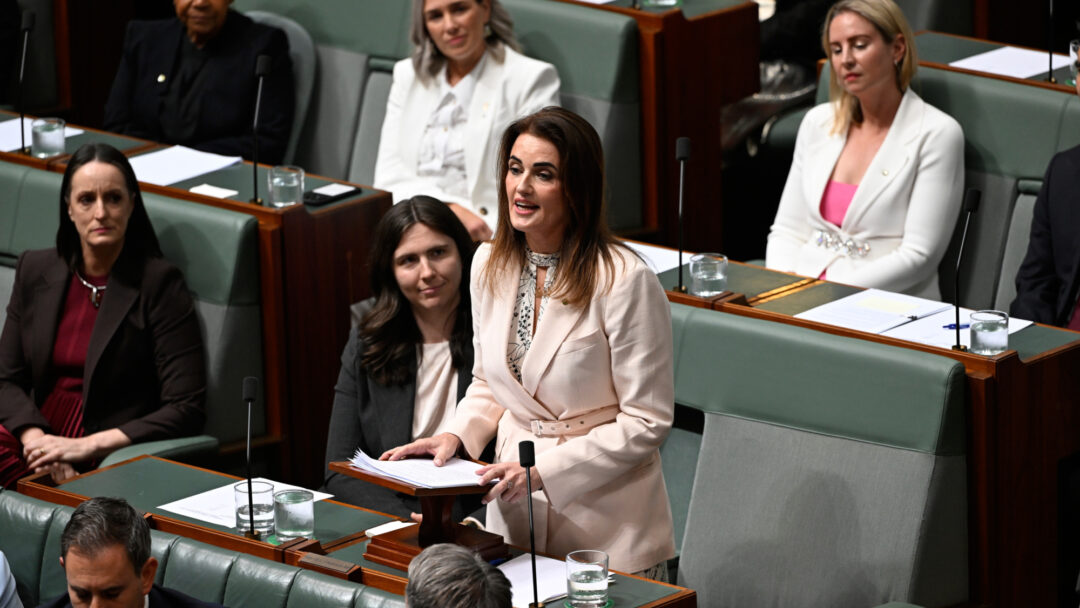
Brought to you by the Disability Media Australia, the Powerd Newswrap presents articles from the powerd.media website, along with discussions of the related topics.
Powerd NewsWrap 17th September 2025
Powerd NewsWrap by Emma Myers
17th September 2025
•14 mins
Audio
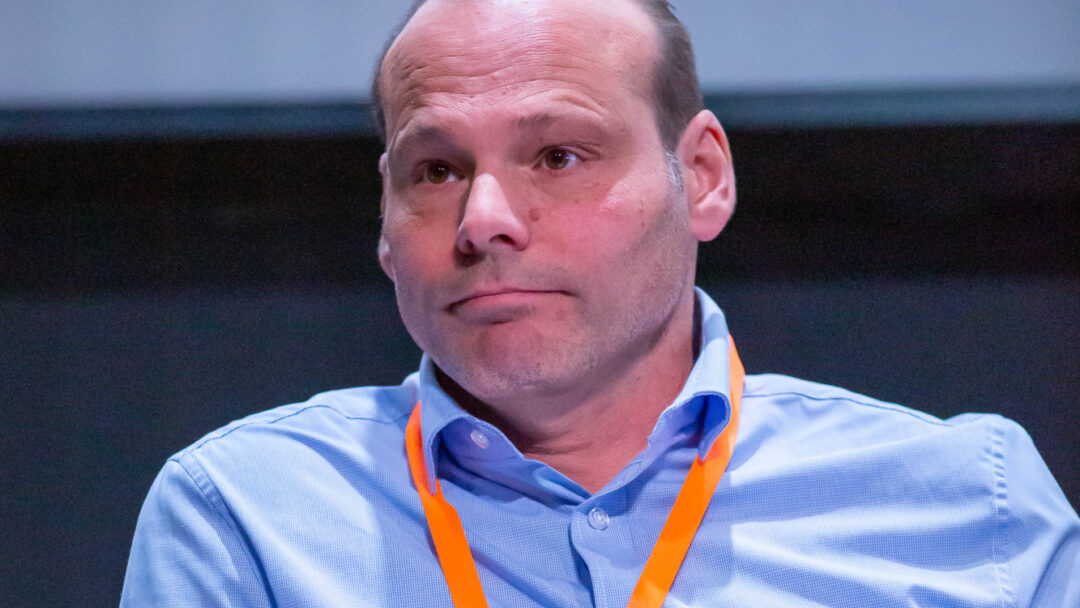
Brought to you by the Disability Media Australia, the Powerd Newswrap presents articles from the powerd.media website, along with discussions of the related topics.
Powerd NewsWrap 24th September 2025
Powerd NewsWrap by Emma Myers
24th September 2025
•15 mins
Audio
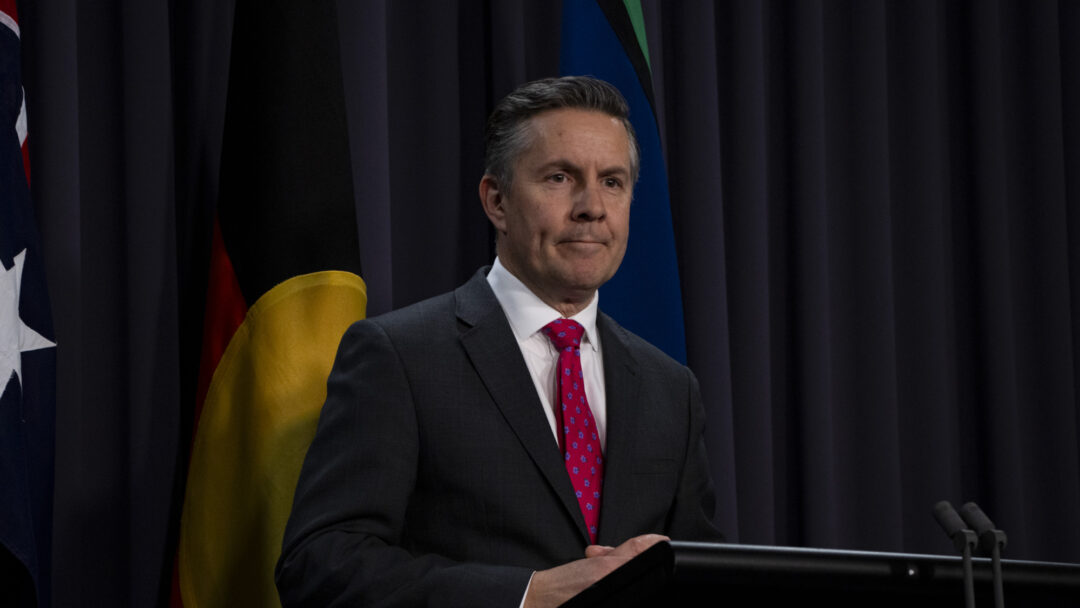
Brought to you by the Disability Media Australia, the Powerd Newswrap presents articles from the powerd.media website, along with discussions of the related topics.
Powerd NewsWrap 1st October 2025
Powerd NewsWrap by Emma Myers
1st October 2025
•14 mins
Audio
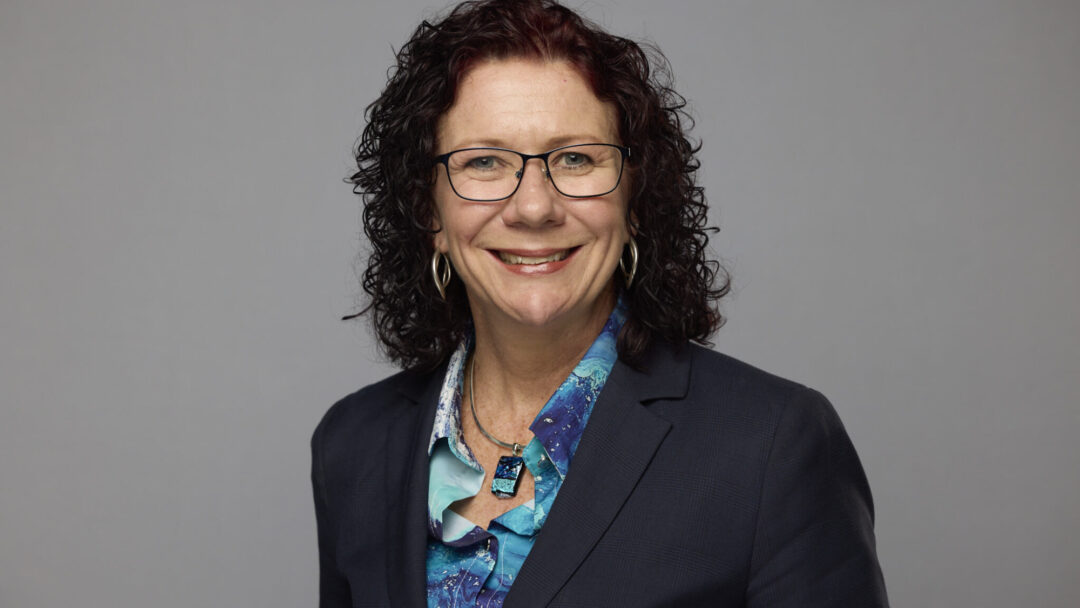
Brought to you by the Disability Media Australia, the Powerd Newswrap presents articles from the powerd.media website, along with discussions of the related topics.
Powerd NewsWrap 8th October 2025
Powerd NewsWrap by Emma Myers
8th October 2025
•14 mins
Audio
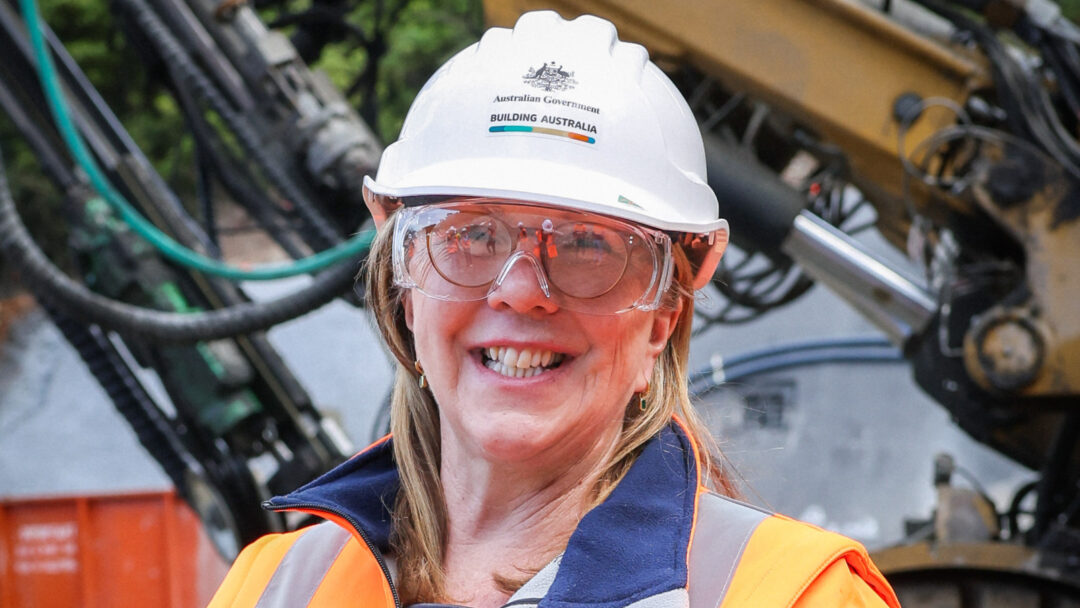
Brought to you by the Disability Media Australia, the Powerd Newswrap presents articles from the powerd.media website, along with discussions of the related topics.
Powerd NewsWrap 15th October 2025
Powerd NewsWrap by Emma Myers
15th October 2025
•15 mins
Audio
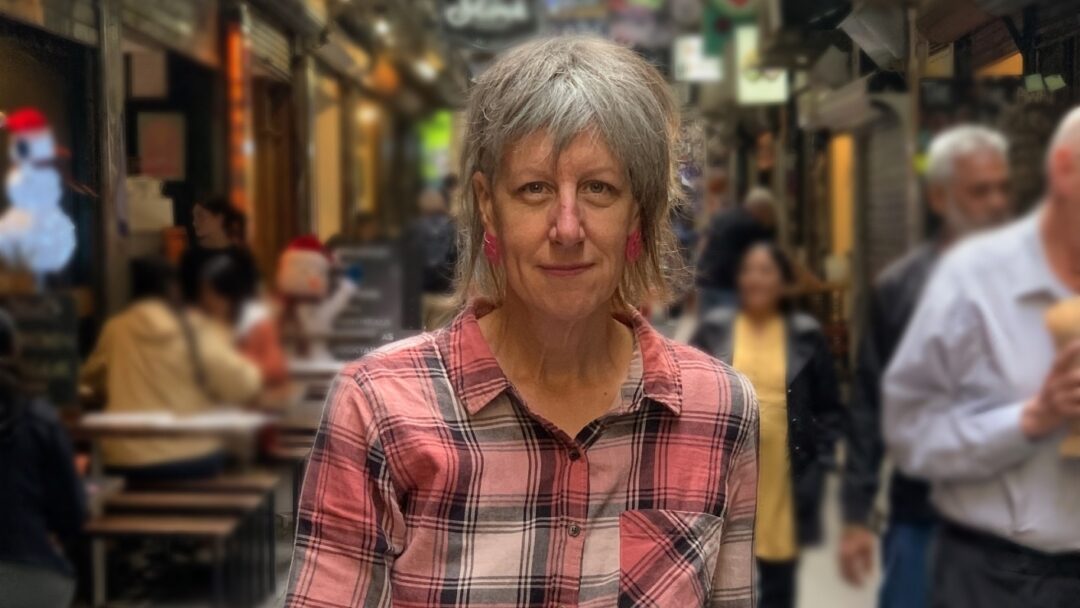
Brought to you by the Disability Media Australia, the Powerd Newswrap presents articles from the powerd.media website, along with discussions of the related topics.
Powerd NewsWrap 22nd October 2025
Powerd NewsWrap by Emma Myers
22nd October 2025
•15 mins
Audio

Brought to you by the Disability Media Australia, the Powerd Newswrap presents articles from the powerd.media website, along with discussions of the related topics.
Powerd NewsWrap 29th October 2025
Powerd NewsWrap by Emma Myers
29th October 2025
•17 mins
Audio

Brought to you by the Disability Media Australia, the Powerd Newswrap presents articles from the powerd.media website, along with discussions of the related topics.
Powerd NewsWrap 5th November 2025
Powerd NewsWrap by Emma Myers
5th November 2025
•15 mins
Audio
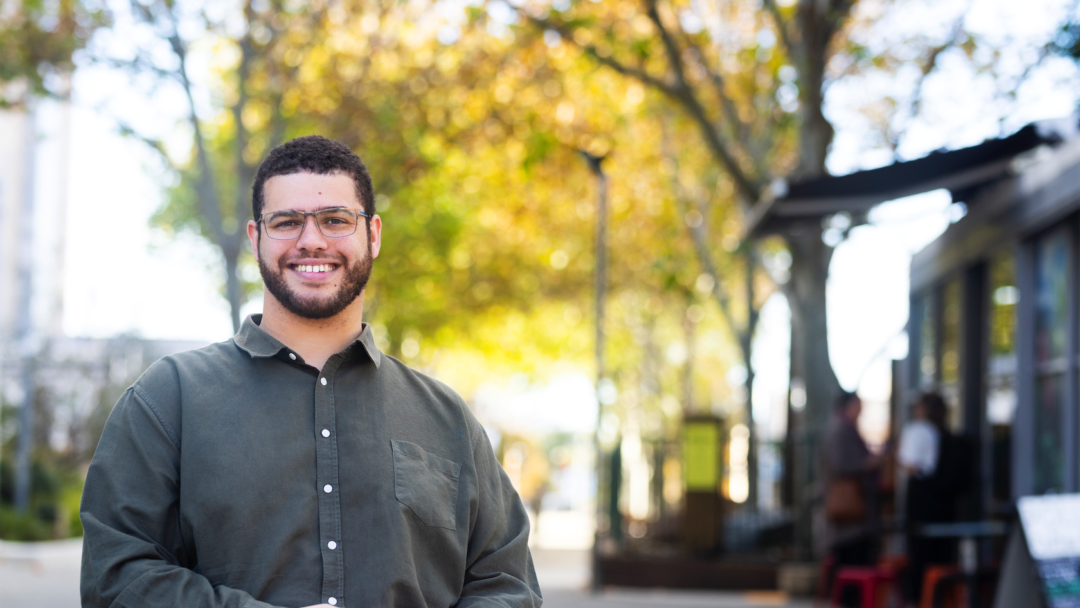
Brought to you by the Disability Media Australia, the Powerd Newswrap presents articles from the powerd.media website, along with discussions of the related topics.
Powerd NewsWrap 12th November 2025
Powerd NewsWrap by
12th November 2025
•14 mins
Audio
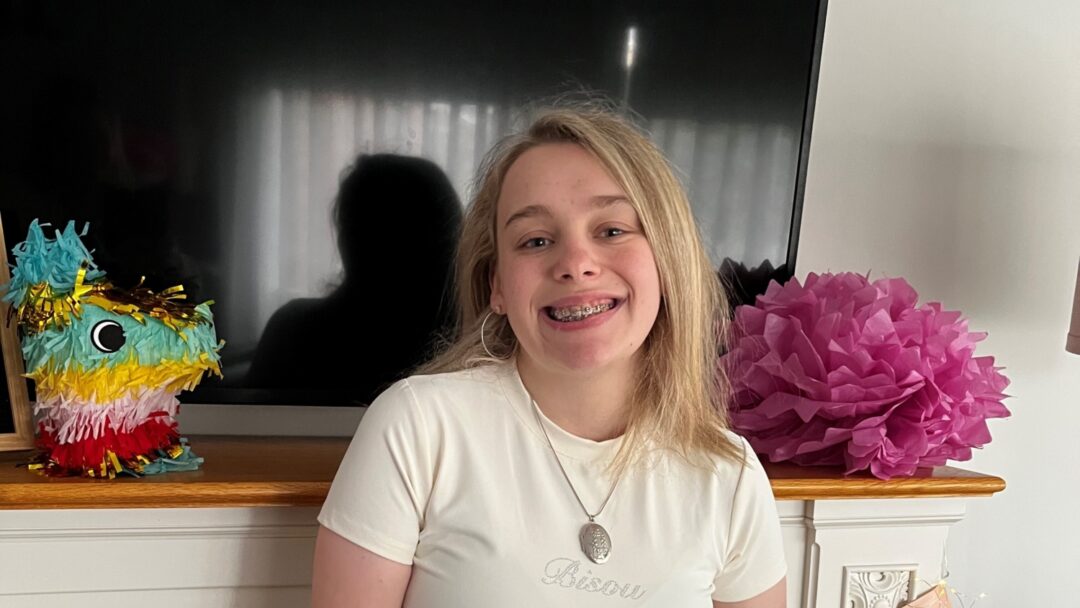
Brought to you by the Disability Media Australia, the Powerd Newswrap presents articles from the powerd.media website, along with discussions of the related topics.
Powerd NewsWrap 19th November 2025
Powerd NewsWrap by Emma Myers
19th November 2025
•14 mins
Audio

Brought to you by the Disability Media Australia, the Powerd Newswrap presents articles from the powerd.media website, along with discussions of the related topics.
Powerd NewsWrap 26th November 2025
Powerd NewsWrap by Emma Myers
26th November 2025
•15 mins
Audio
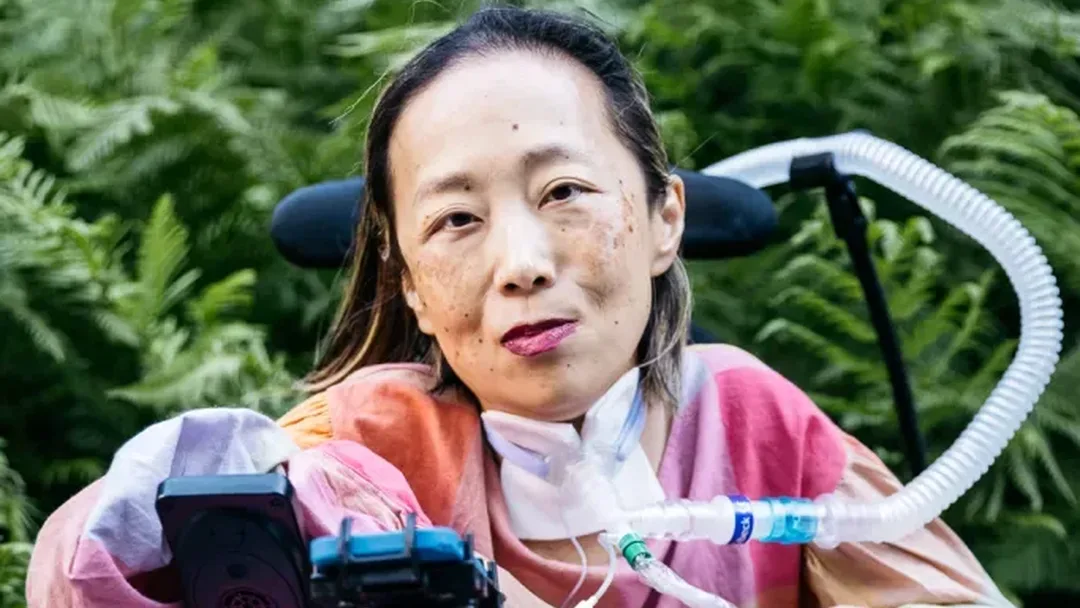
Brought to you by Disability Media Australia, the Powerd Newswrap presents articles from the powerd.media website, along with discussions of the related topics.
Powerd NewsWrap 3rd December 2025
Powerd Newswrap by Emma Myers
3rd December 2025
•15 mins
Audio

Brought to you by Disability Media Australia, the Powerd Newswrap presents articles from the powerd.media website, along with discussions of the related topics.
Powerd NewsWrap 10th December 2025
Powerd NewsWrap by Emma Myers
10th December 2025
•14 mins
Audio
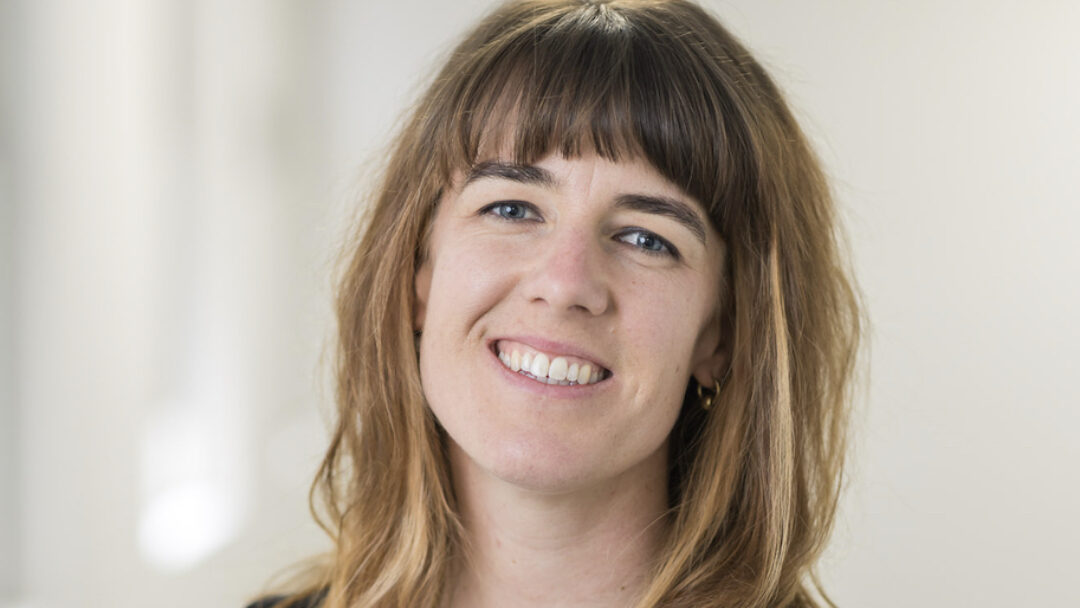
Brought to you by Disability Media Australia, the Powerd Newswrap presents articles from the powerd.media website, along with discussions of the related topics.
Powerd NewsWrap 17th December 2025
Powerd NewsWrap by Emma Myers
17th December 2025
•14 mins
Audio
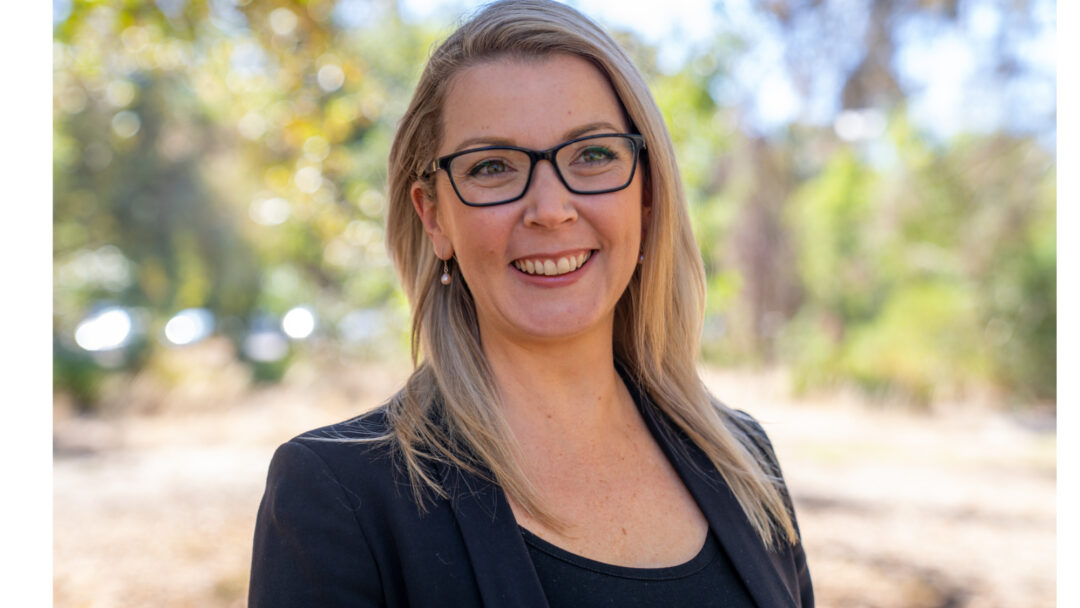
Brought to you by Disability Media Australia, the Powerd Newswrap presents articles from the powerd.media website, along with discussions of the related topics.
Powerd NewsWrap 7th January 2026
Powerd NewsWrap by Emma Myers
7th January 2026
•14 mins
Audio
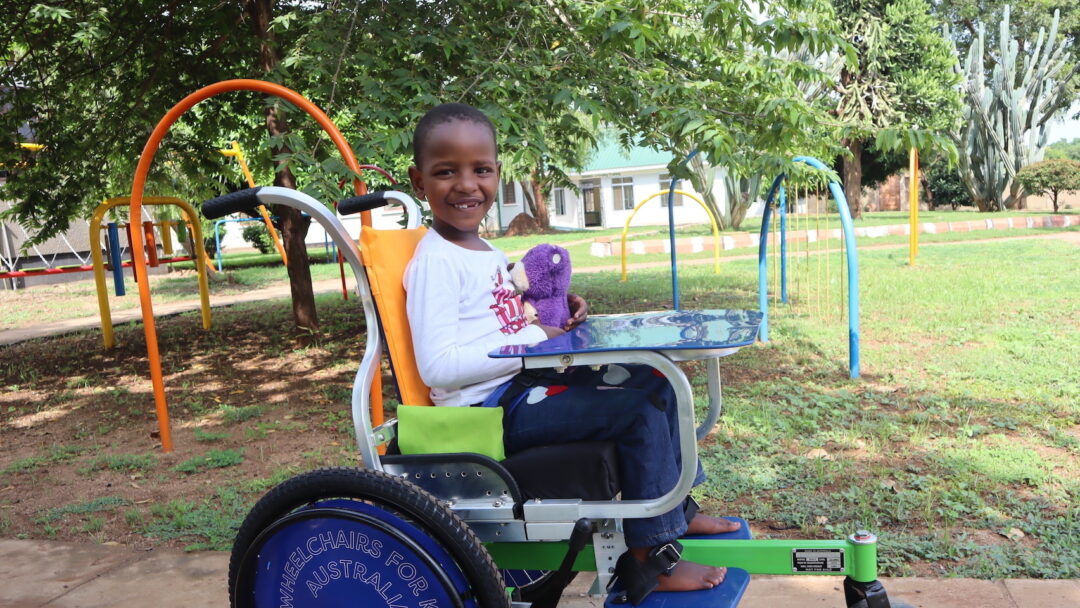
Brought to you by Disability Media Australia, the Powerd Newswrap presents articles from the powerd.media website, along with discussions of the related topics.
Powerd NewsWrap 14th January 2026
Powerd NewsWrap by Emma Myers
14th January 2026
•14 mins
Audio
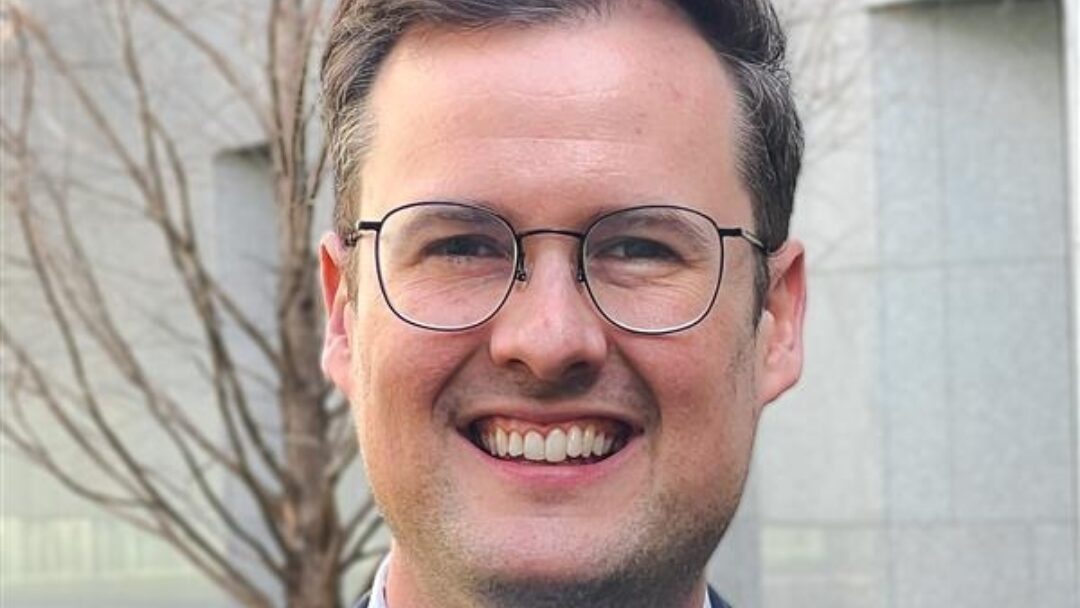
Brought to you by Disability Media Australia, the Powerd Newswrap presents articles from the powerd.media website, along with discussions of the related topics.
Powerd NewsWrap 21st January 2026
Powerd NewsWrap by Emma Myers
21st January 2026
•14 mins
Audio
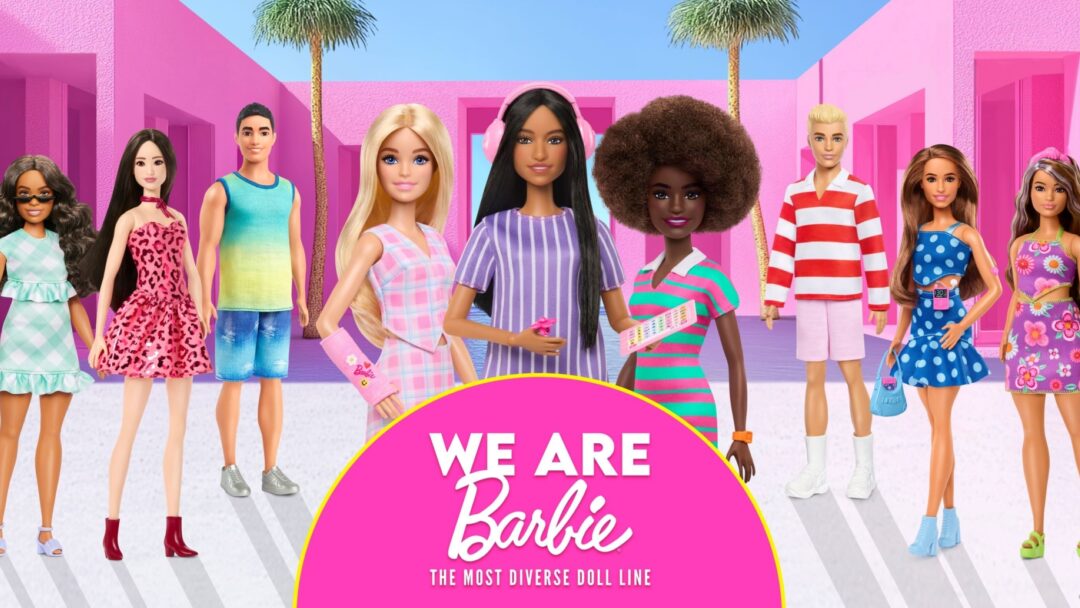
Brought to you by Disability Media Australia, the Powerd Newswrap presents articles from the powerd.media website, along with discussions of the related topics.
Powerd NewsWrap 28th January 2026
Powerd NewsWrap by Emma Myers
28th January 2026
•16 mins
Audio
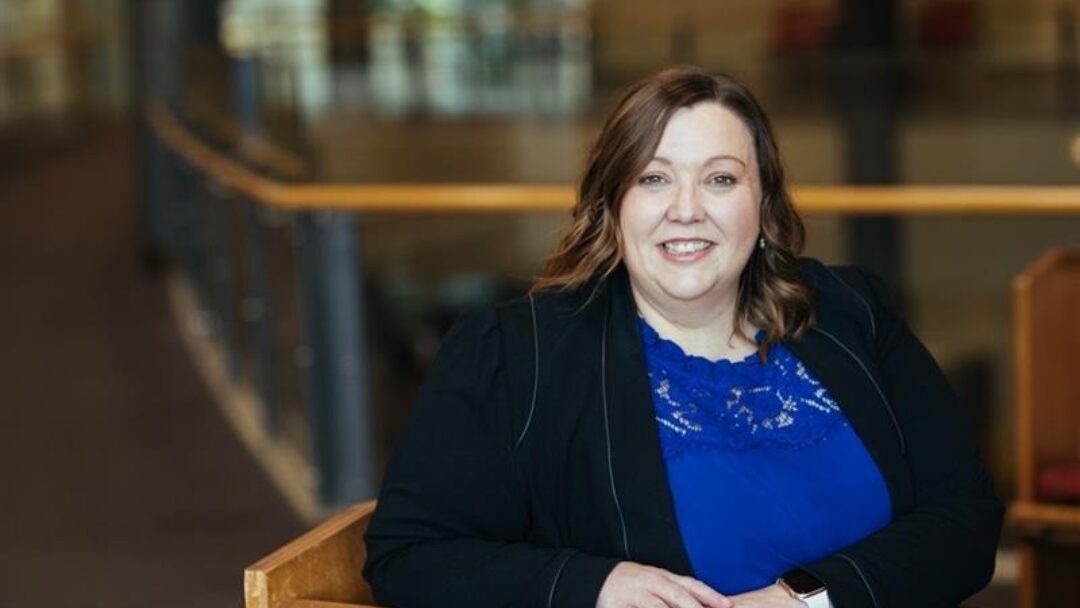
Brought to you by Disability Media Australia, the Powerd Newswrap presents articles from the powerd.media website, along with discussions of the related topics.
Powerd NewsWrap 4th February 2026
Powerd NewsWrap by Emma Myers
4th February 2026
Audio
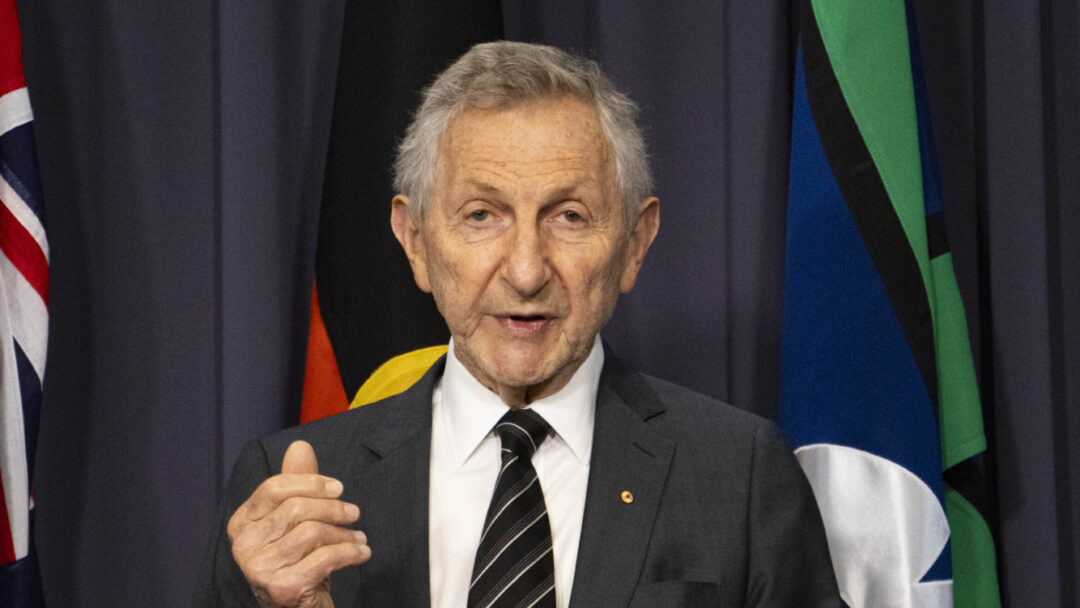
Brought to you by Disability Media Australia, the Powerd Newswrap presents articles from the powerd.media website, along with discussions of the related topics.
Powerd NewsWrap 11th February 2026
Powerd NewsWrap by Emma Myers
11th February 2026
•14 mins
Audio
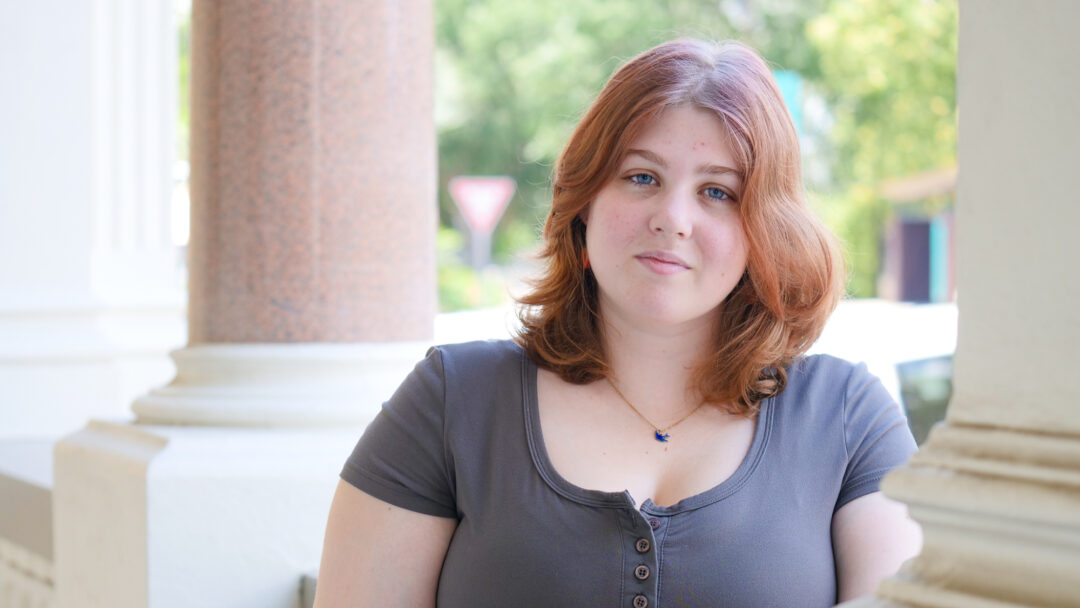
Brought to you by Disability Media Australia, the Powerd Newswrap presents articles from the powerd.media website, along with discussions of the related topics.
Powerd NewsWrap 18th February 2026
Powerd NewsWrap by Emma Myers
18th February 2026
•13 mins
Audio